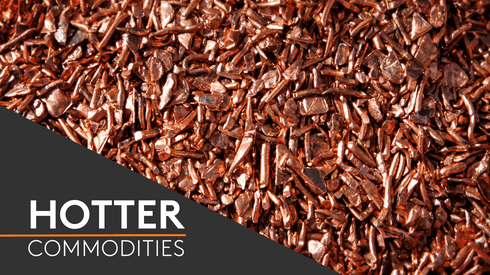Pig iron makes up about 10% of Nucor’s raw materials, with half of it coming from Ukraine and Russia before the war, executives with the Charlotte, North Carolina-headquartered steelmaker told investors during its first-quarter earnings call on Thursday April 21.
“The team has done [an] outstanding job of turning things around literally overnight,” Douglas Jellison, executive vice president of raw materials, told investors.
President and chief executive officer Leon Topalian said that, the “day after the invasion, we bought nothing” and “pivoted quickly to different sources.”
Although Nucor is unable to source material from Ukraine due to the war, it is looking forward to partnering with suppliers there again, Topalian said.
The steelmaker has reduced the amount of pig iron in its melting mix from 10% to 6% and is using 25% prime scrap, Jellison said.
The steelmaker deemed the global relationships of wholly-owned scrap brokerage firm The David J Joseph Co critical to securing new suppliers.
Metallics typically account for 70% of a mill’s cost, Nucor chief financial officer Stephen Laxton said.
The steelmaker’s flexibility with raw materials is aided by its ownership of two direct-reduced iron (DRI) plants “that are particularly helpful in this environment,” Topalian said.
Jellison said there was a dip in production at the DRI plants in the first part of the quarter, but they are expected to run at full capacity for the rest of the year.
Topalian cited as another benefit the ability of the company’s recycling operations to produce low-copper shredded scrap. He noted that the spread between prime and obsolete scrap is motivating Nucor to put “a lot more short-term and long-term development in low-copper shred.”
Low-copper shred enables a furnace to run more shredded scrap without relying as heavily on alternative irons to clean the scrap, Fastmarkets understands.
The spread between No1 busheling and shredded scrap – at $145 per ton – is atypical, and it makes shred a more economical choice.
Fastmarkets assessed the steel scrap No1 busheling, consumer buying price, delivered mill Chicago at $760 per ton and the corresponding price for shredded scrap at $615 per ton on April 8.
To keep up with steel scrap price trends throughout 2022, visit our steel and raw materials page.





